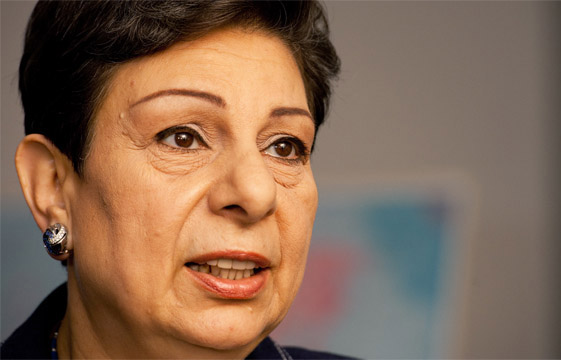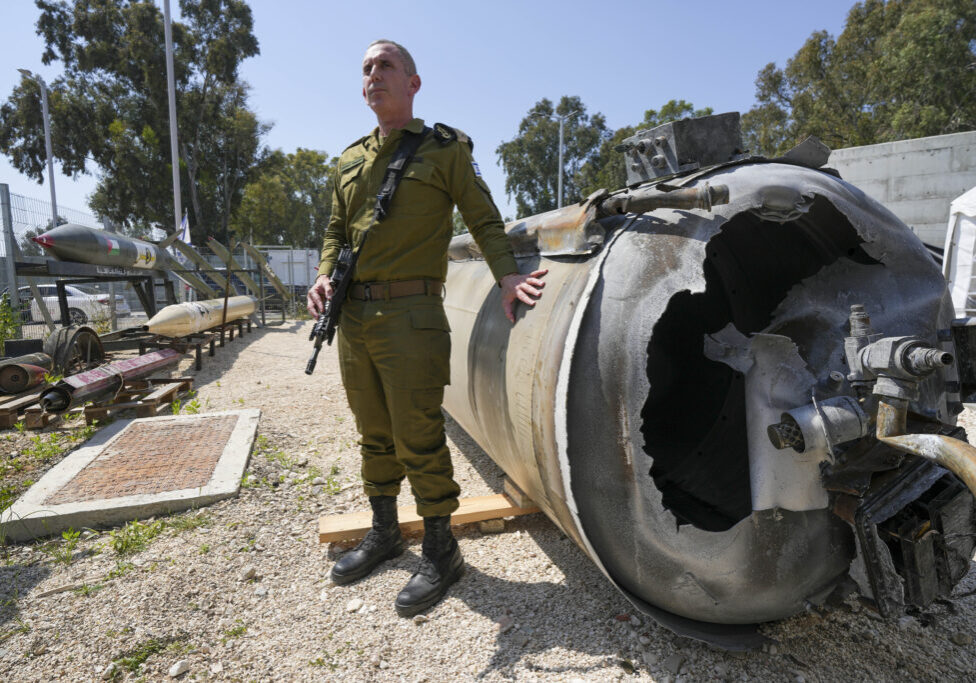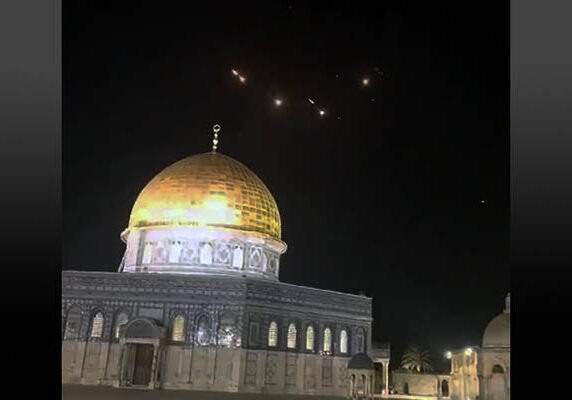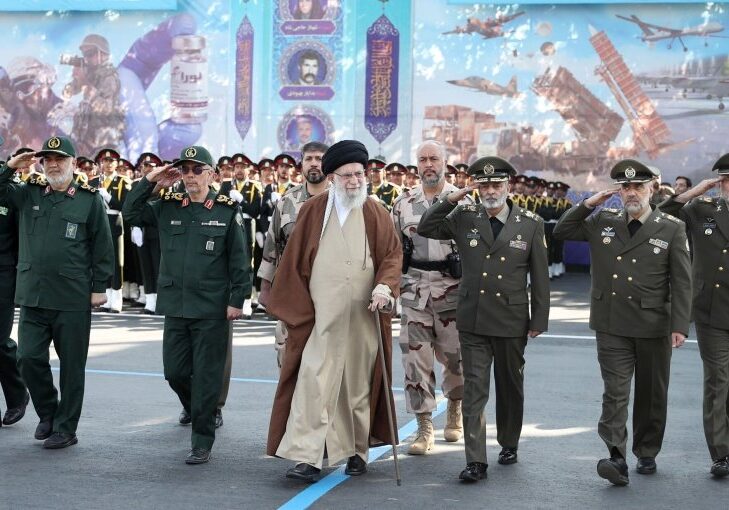Australia/Israel Review
Deconstruction Zone: Hanan Ashrawi and the Other Refugees
Oct 30, 2012 | Or Avi Guy

Or Avi-Guy
Well-known Palestinian spokeswoman Hanan Ashrawi made headlines in Australia in 2003 when she was controversially awarded the Sydney Peace Prize. Now she has been in the headlines again with an article published in a number of Arab media outlets in late August insisting that “the claim that Jews who migrated to Israel, which is supposed to be their homeland, are ‘refugees’ who were uprooted from their homelands… is a form of deception and delusion.”
Ashrawi claims that Jews who fled to Israel from Arab countries actually left their homes voluntarily and of their own free will, under pressure from Zionist groups. She then draws a contrast with Palestinian refugees, whose plight she says was caused by “Zionist gangs” who “forced Palestinians out of the land that had belonged to the Palestinian people for thousands of years.”
In fact the well-documented history of Jewish refugees from Arab countries is a story mainly of flight in the face of violent, racist oppression or even outright expulsion. Why then did Ashrawi feel the need to paint an ahistorical picture of voluntary repatriation?
Likely because she fears that recognition of a “Jewish refugee” identity will undermine the dominant and ever-present “Palestinian refugee” identity. Recognising the suffering endured by Jews from Arab lands might diminish the perception of a unique Palestinian suffering and victimhood, with all the attendant political (and actual) capital that comes with this acknowledgment.
But if Ashrawi were truly the peace advocate the Sydney Peace Prize committee insisted she was, she would recognise that the revisionist narrative she is promoting is not only factually and historically highly inaccurate, it is deeply counterproductive. It merely serves to perpetuate the Israeli-Palestinian conflict and prolong the suffering of both sides, and especially that of Palestinian refugees.
Ashrawi’s article came in response to a campaign by the Israeli Foreign Ministry to raise awareness of the Jewish refugee issue. Some argue that raising this issue simply adds an additional factor complicating the already highly difficult task of negotiating Israeli-Palestinian peace. However, there is a strong case that the opposite is true – dealing with the issue of Jewish refugees could in fact become a key to promoting peace and reconciliation.
Ashrawi’s one-sided narrative about Palestinian refugees is predicated on rejecting the historical reality that, in the Israeli-Arab conflict, a two-way migration of populations took place, creating two refugee groups, Palestinian and Jewish. Prior to Israel’s establishment, approximately 900,000 Jews resided in Middle Eastern and North African countries. Since the late 1940s, these Jewish communities have either disappeared entirely or dwindled to a tiny remnant – mostly in the context of severe persecution or outright expulsion.
The story of each of these communities is different, but to give one not atypical example it is worth looking at the fate of the well-established, ancient and prosperous, Egyptian Jewish community of about 75,000. This community came under increasing hostility and attacks from the early 1940s. In a 1945 pogrom in Cairo, a nationalist group attacked the Jewish quarter and torched many of the community’s synagogues, old age homes and hospitals. Violence increased after the establishment of Israel in 1948, when bombs were set off in Jewish areas, claiming many Jewish lives. New laws were passed which expropriated Jewish-owned businesses and excluded Jews from the country’s economic life. Following the 1956 war, laws were passed denying Jews citizenship and allowing their forcible expulsion. Over the next few years, thousands of Egyptian Jews were forcibly deported and thousands more were unofficially expelled through government-supported intimidation and harassment – compelled to relinquish almost all property and sign statements declaring they were leaving voluntarily and agreeing never to return. After the 1967 war, a large proportion of the remaining few thousand Jews were arrested, imprisoned and then expelled. Today, less than 100 Jews remain in Egypt.
The majority of Middle Eastern Jewish refugees were integrated into Israeli society and today they and their descendants comprise nearly half of Israel’s Jewish population. As far as the international community is concerned, the Jewish refugee problem has been resolved and so the injustice done to Jewish refugees from Arab and Muslim countries has been, by and large, ignored.
Yet listening to their voices could potentially shed light not only on the refugee question, but also on the nature, history and regional context of the conflict. It might even be a key to reconciliation. Discussing and recognising the historical injustice experienced by both refugee groups in the early years of the conflict might actually bring the Israeli and Palestinian sides closer – opening a dialogue about some untold truths and marginalised narratives. It might promote better understanding of the other side, based on the realisation that both sides have suffered wrongs and hardships – that they share more similar experiences and injustices than the public debate generally reveals.
As the stories of Palestinian and Jewish refugees are intertwined, recognising the two narratives as complementing rather than competing stories could create a degree of mutual empathy about the past. This common understanding could even be the ground on which a shared vision for the future grows. This, however, cannot happen as long as leaders like Hanan Ashrawi choose a divisive path of exclusion and non-recognition – remaining wedded to a narrative where the suffering of the other side must be rationalised away or expunged from history.
Tags: Israel






